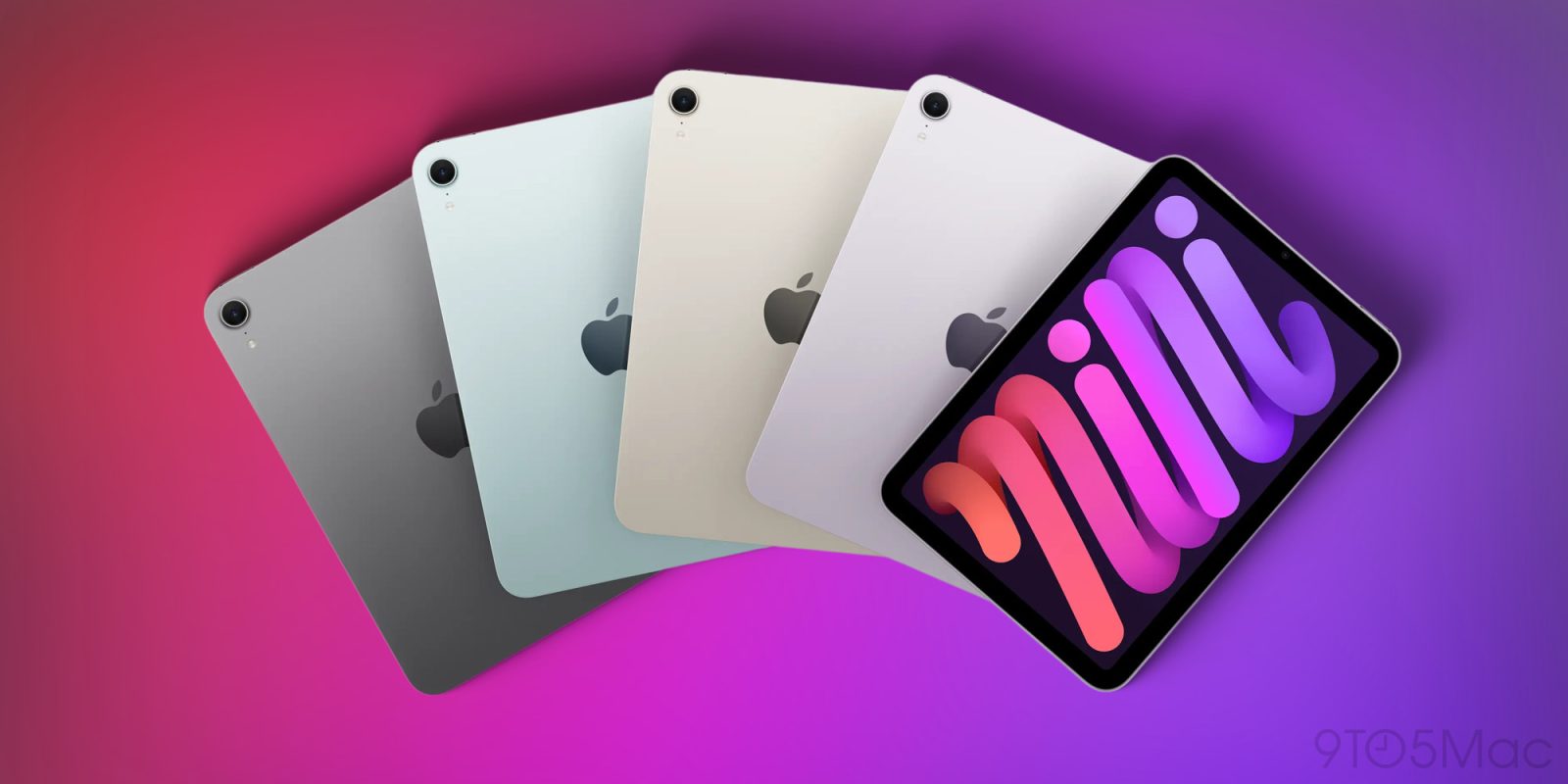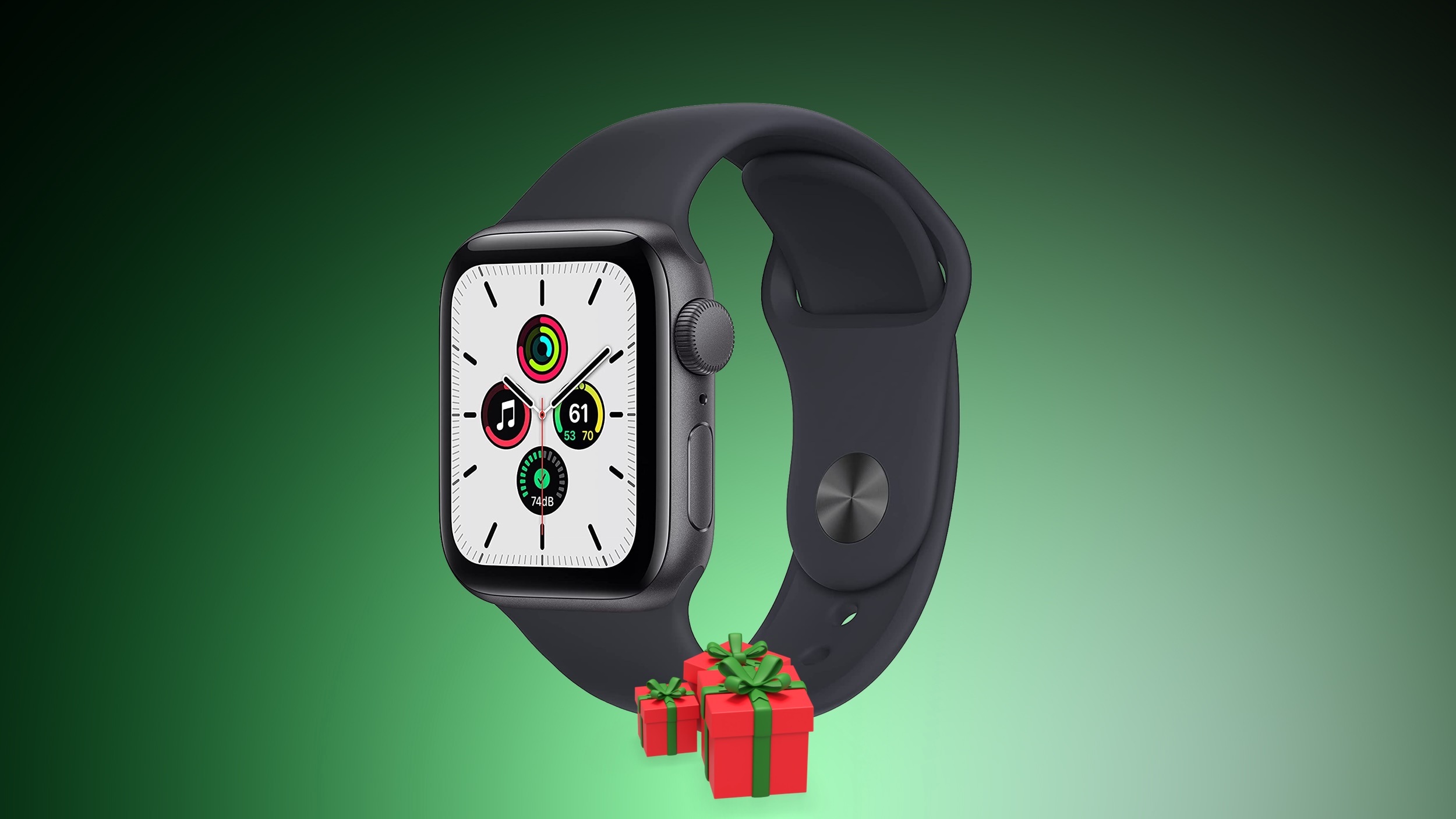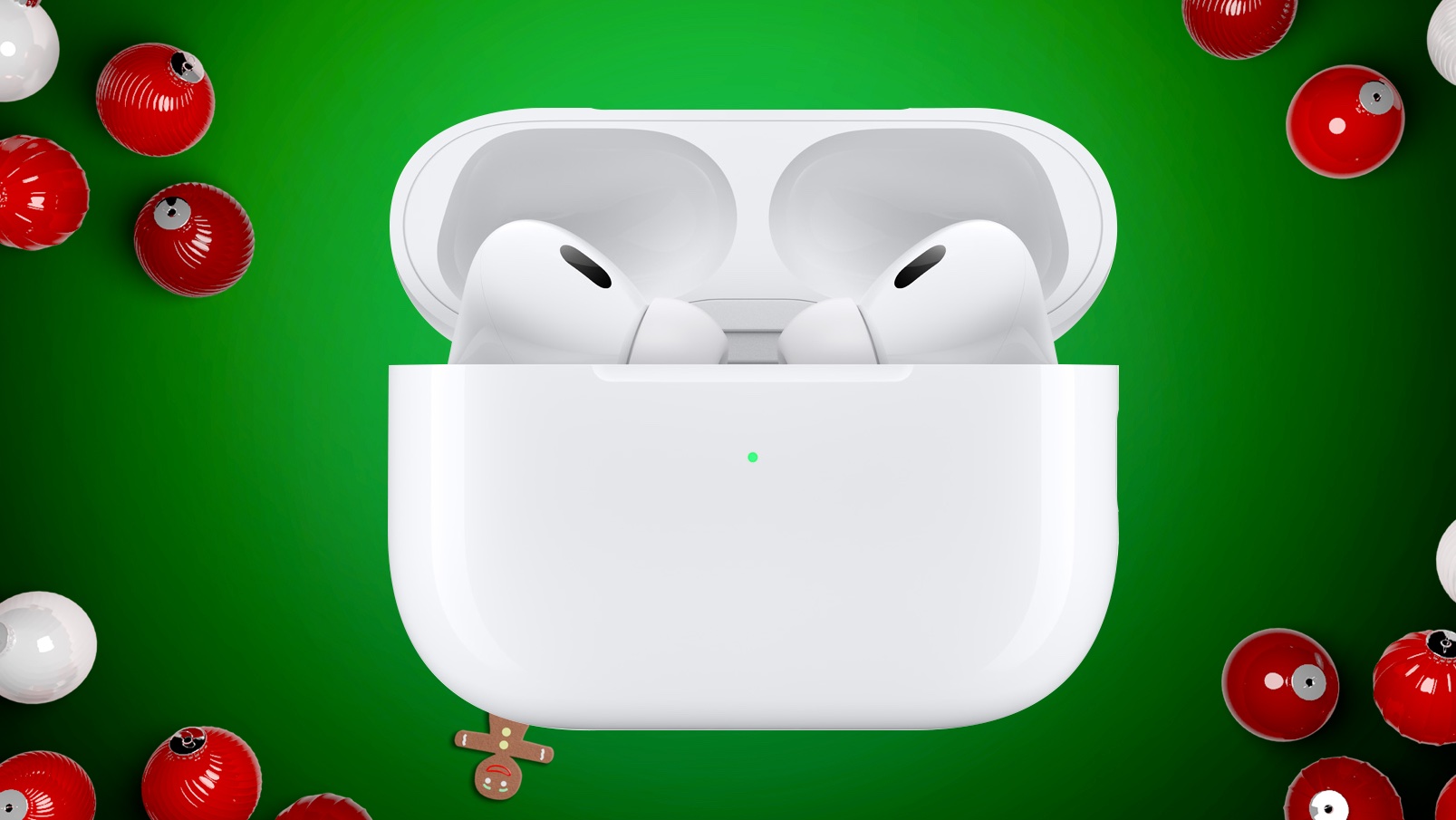
Ahead of tomorrow’s launch day, the first reviews of the new iPad mini (A17 Pro) have been published. These reviews give us a closer look at the new device, including details on the display, performance, colors, and more.
Head below for our roundup of the first iPad mini (A17 Pro) reviews…
iPad mini (A17 Pro) reviews
The new iPad mini (A17 Pro) is available to order now and the first orders will arrive tomorrow, October 23. The device will also be available in Apple Stores starting tomorrow. Pricing remains unchanged, with the base model selling for $499. This generation’s base model, however, offers twice as much storage than before with 128GB as the minimum instead of 64GB.
One problem that plagues the iPad mini 6’s display is jelly scrolling. Jelly scrolling is when half of a device’s display refreshes noticeably slower than the other half. This results in a sort of wobble effect, hence the “jelly scrolling” name.
Apple’s press release for the iPad mini (A17 Pro) made no mention of upgrades to the display or fixes for jelly scrolling. Today’s reviews paint a mixed picture.
Writing for The Verge, David Pierce says that the jelly scrolling effect is “still very much present” on the new iPad mini.
Jason Snell at Six Colors, however, says he couldn’t notice any jelly scrolling on the new iPad mini:
One bit of good news, I think: Many users of the previous-model iPad mini complained about a “jelly scrolling” effect, where scrolling content in portrait orientation could lead to a visual artifact where one side of the screen updated before the other side. It’s my understanding that the new model’s display circuitry is different from the old model, and I couldn’t detect any “jelly scrolling” in my use. It doesn’t mean it’s for sure gone, and I’m looking forward to eagle-eyed “jelly scrolling” experts reporting back with their results, but I sure couldn’t see it, even when I recorded myself scrolling at a high frame rate and played it back frame by frame.
Brenda Stolyar at Wired also says the new iPad mini appears to resolve the jelly scrolling issue:
But I can’t talk about the iPad Mini display without going over the infamous “jelly scrolling” fiasco on the 2021 model. iPad Mini owners bemoaned that one side of the screen refreshed slower than the other when scrolling up and down on the display. I didn’t experience this with my Mini, but Apple did make it a point to optimize the LCD in the latest model to alleviate this issue. Apple was tight-lipped on exactly what it changed, but for what it’s worth, I once again have yet to see any problems on my test unit.
And Federico Viticci at MacStories also agrees:
I’m happy to report that, in the new iPad mini, the jelly scrolling issue has been fixed without the need to change the underlying display technology of the device. The new iPad mini has an optimized display controller that ensures the entire panel will refresh at the same rate and speed. For this reason, even though it’s the same display across two generations with the same refresh rate, color gamut, pixel density, and brightness, the new iPad mini does not have one side of the screen that refreshes more quickly than the other.
My suggestion: head to an Apple Store and try it for yourself, because it seems like everyone’s eyes are different.
Performance
The new iPad mini is powered by the A17 Pro chip, which enables support for Apple Intelligence. The chip also brings improved performance across the board, as Engadget’s Nathan Ingraham writes:
Benchmarks from Geekbench 6 back this up. The A17 Pro in the iPad mini is ever so slightly less performant than the one in the iPhone 15 Pro, but not enough so that it’ll make any real difference in how you use the tablet. It still trails M-series chips and the brand-new A18 series, but provides more than enough juice for an iPad mini.
Federico Viticci at MacStories also notes the benefit of Wi-Fi 6E support on the new iPad mini:
Where I did notice an improvement was in the Wi-Fi department. Thanks to its adoption of Wi-Fi 6E (up from Wi-Fi 6), the new mini benchmarked higher than the old model in speed tests and, funnily enough, came in slightly higher than my M4 iPad Pro as well. From the same spot in the living room in close proximity to my Wi-Fi 6E router, the three iPads performed speed tests at the following rates across multiple tests:
- Old iPad mini (Wi-Fi 6): 600 Mbps down, 200 Mbps up
- M4 iPad Pro (Wi-Fi 6E): 643 Mbps down, 212 Mbps up
- New iPad mini (Wi-Fi 6E): 762 Mbps down, 274 Mbps up
More reviews
FTC: We use income earning auto affiliate links. More.

 1 month ago
10
1 month ago
10







 English (US) ·
English (US) ·